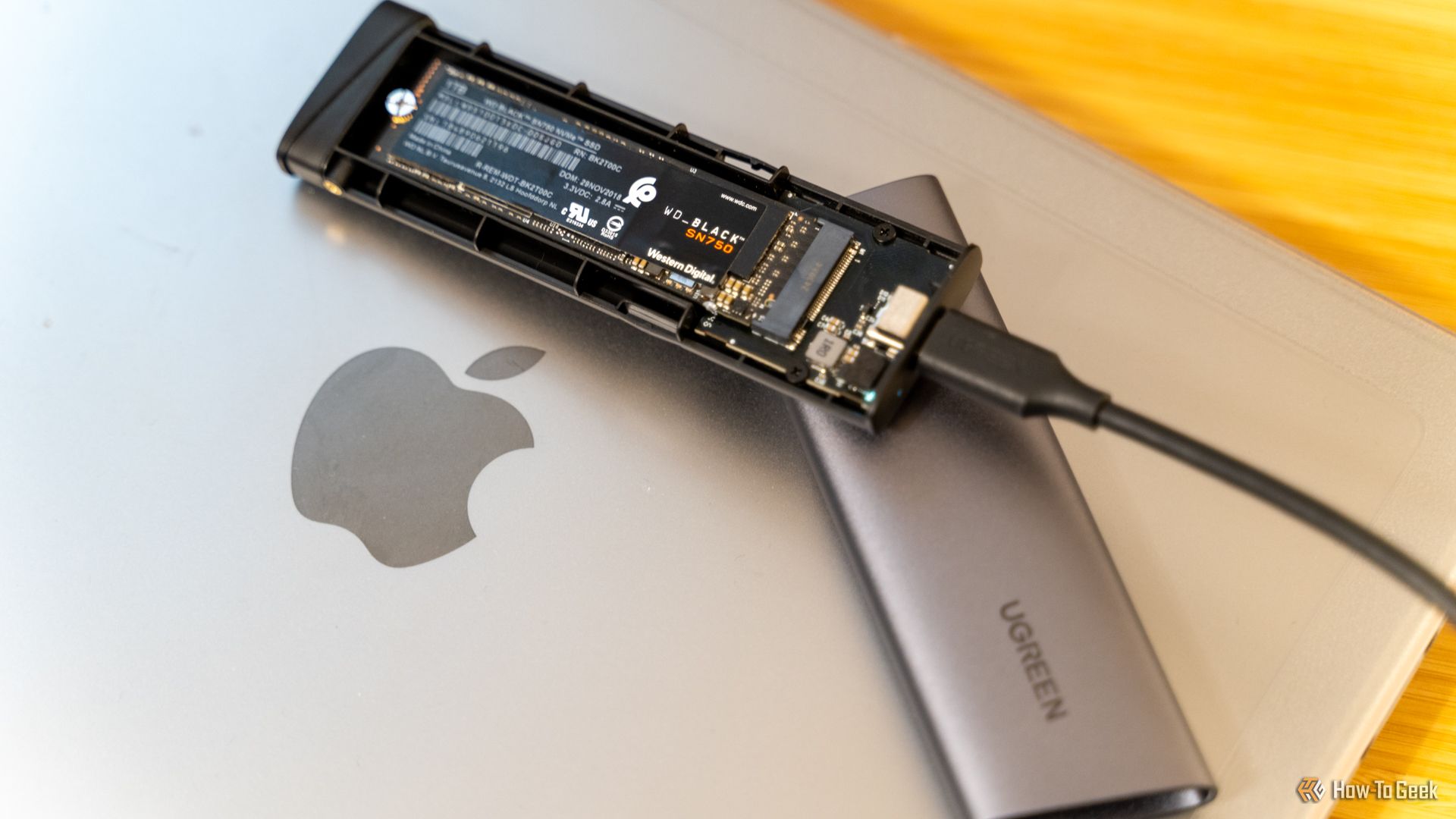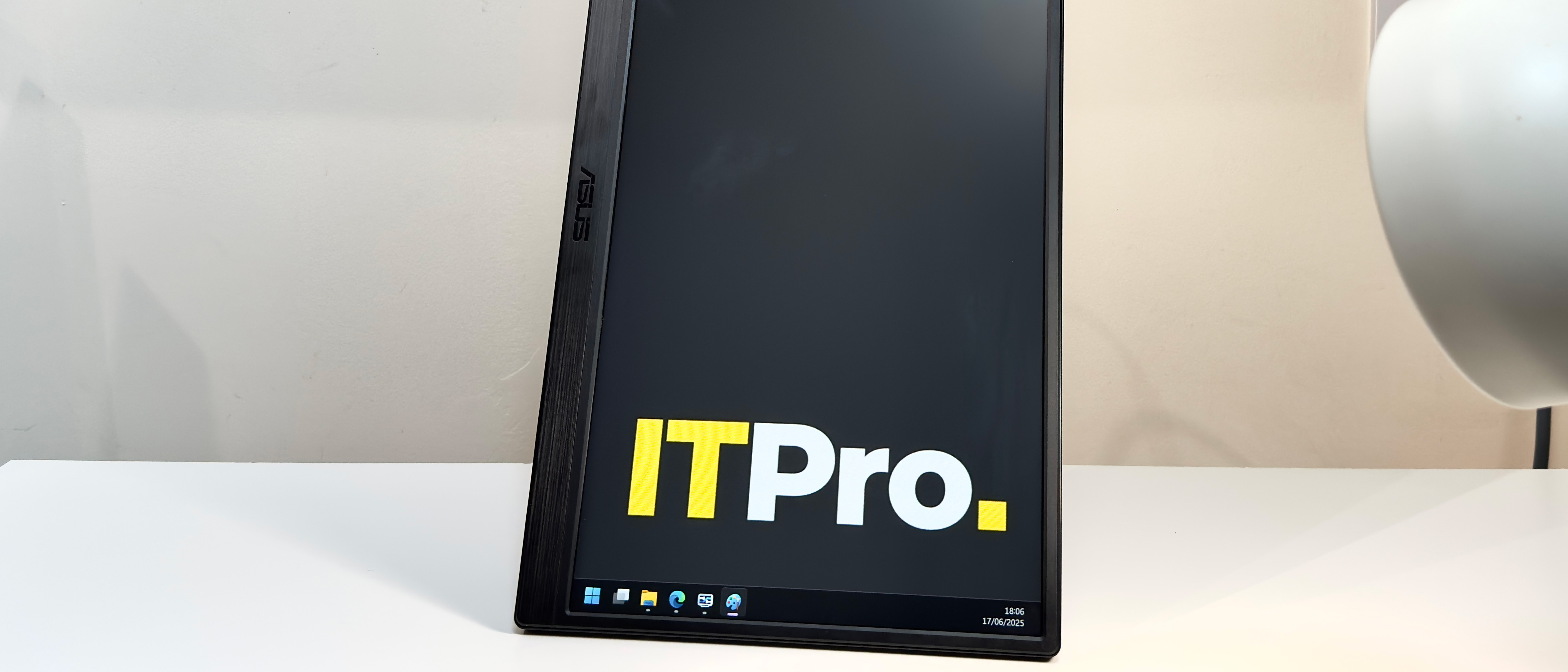How to Make Amazing Air Fried Pierogi

I have no qualms with traditional boiled pierogi—the slippery dough pockets stuffed with anything from potatoes to cabbage, cheese, or meat is pure comfort. But if I had the choice, I’d almost always opt for a crisp and golden fried pierogi. Air-fried, to be specific. Do note that there’s one crucial step to achieving incredibly light and shattering skin with the air fryer, and that, my friends, is boiling.
The trick to great air fryer pierogi
If you’ve ever dumped frozen pierogi into an air fryer you probably only tried it once, because that stuff turns out dry and hard (not to be confused with crispy). The air fryer, as we know, does not magically fry anything: it’s a petite convection heating system. While the fan forces the hot air around the small interior space, high temperatures can be achieved. Your food might cook faster, and there’s a good chance that what you tossed in there will become nice and crispy. Perhaps a similar texture to something that was deep fried—or a nice piece of cardboard.
The arid winds of the air fryer are very effective for drying out items, so things that don’t have much moisture going in just get dryer. That’s why it’s not so good for toasting sliced bread. Frozen pierogi have an exterior of, essentially, dry pasta. Putting that in the air fryer simply dries it out while reheating the filling. The finished pieróg will be edible, but the skin will have a floury taste and pasty texture. Not ideal.
Left: a twice-cooked (boiled and air-fried) pieróg. Right: a pieróg directly air-fried from the freezer.
Credit: Allie Chanthorn Reinmann
In the side-by-side comparison of air-fried only (right) and boiled-first (left), you can immediately see the difference in color and texture. If you look closely, the boil-first pierogi on the left has tiny little bubbles rippling across the entire surface. Those are the air pockets that develop after hydrating and quickly evaporating moisture from the shell.
Boiling first changes the composition and texture
Taking a cue from air-fried caramel pasta crisps, I boil my pierogi first and toss them in a bit of butter. Boiling the pierogi for a few minutes first hydrates the wrapper and the light coating of fat helps with browning. After boiling, the pasta becomes soft and pudgy with water molecules. Now, when you put the pasta in the air fryer, whether they’re potato filled pierogi or plain pasta, the high blast of heat from the convection oven will evaporate the water quickly, resulting in a sheet of pasta riddled with tiny air pockets. Biting into this thin, bubbly sheet feels light and crisp, not hard.

Credit: Allie Chanthorn Reinmann
I like to toss the pierogi in a bit of butter and salt before air frying. This helps conduct the heat of the air fryer even more evenly, and it tastes good. Two birds, you know? If you’re air frying homemade fresh pierogi, only boil them until they float; about two minutes.
Air-Fried Pierogi Recipe
Ingredients:
-
8-10 frozen pierogi
-
½ tablespoon butter
-
Pinch salt
1. Fill a medium pot with water. There should be plenty of water for the pierogi to be submerged and not bump into their neighbors too much. Bring it to a boil.
2. Drop the pierogi into the boiling water and cook them almost completely. Check out the package’s directions for boiling and subtract two minutes from the timing. Depending on their size, this could take five to eight minutes. Mine were medium-sized and I boiled them for seven minutes.
3. While they’re boiling, add the butter and a pinch of salt to a wide mixing bowl.
4. Drain the pierogi in a stranger and let the residual moisture evaporate for about two minutes, then drop the still-hot pierogi into the bowl. Toss and flip the dumplings so they all get coated in salty butter.
5. Drop the pierogi into the air fryer. Set it to the “air fry” setting at 350ºF and cook them for 10 to 12 minutes, flipping them halfway through the cook time. Serve with your favorite pierogi condiments or with a swipe of garlicky butter.









